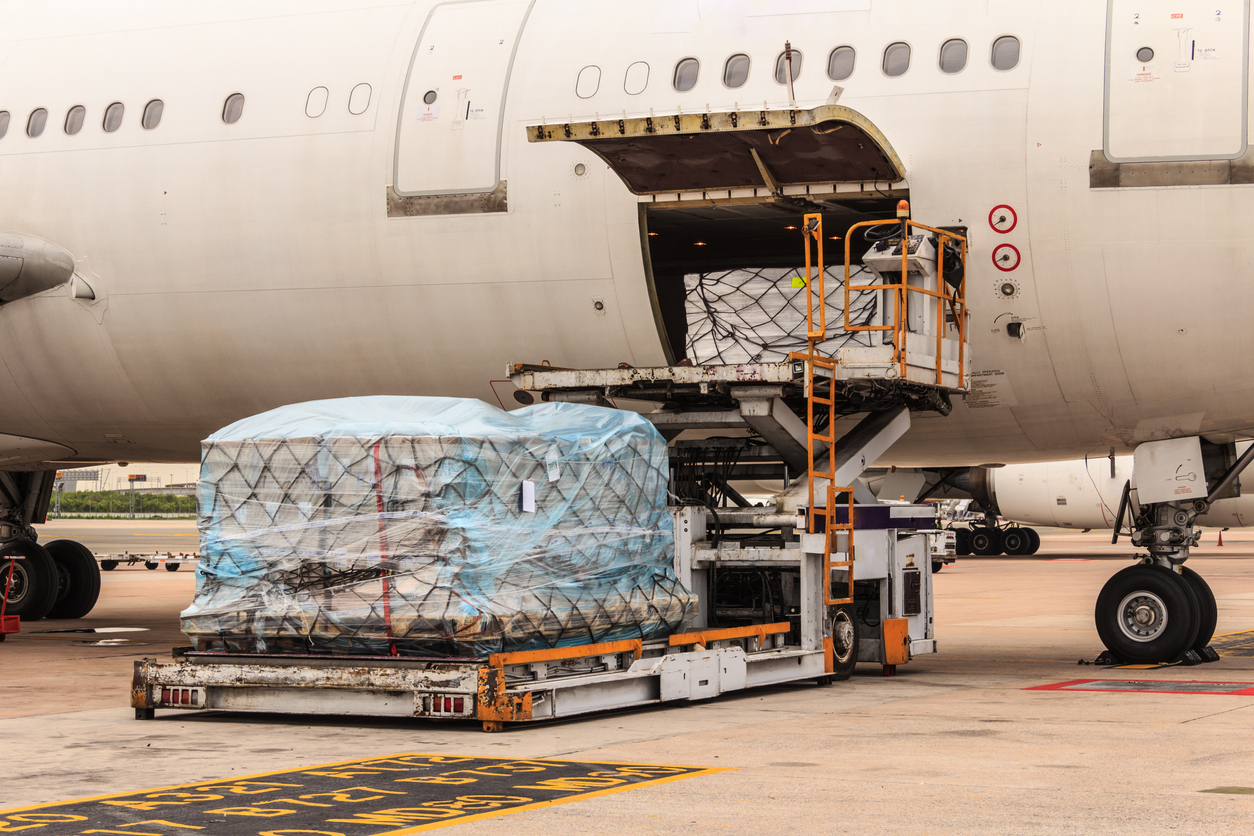How to Clear Air Cargo in Nigeria: The Ultimate Guide
How to Clear Air Cargo in Nigeria: The Ultimate Guide
In this digital age, businesses have become increasingly reliant on e-commerce for their revenue streams. From clothing to electronics, almost every product can be bought online today. And with demand steadily increasing every year, the air cargo industry is also set to grow in the coming years. However, as an emerging market with high potential for growth and expansion, there are a number of challenges facing businesses within the sector. For example, logistics continues to be one of the biggest concerns among Nigerian companies that sell their products through e-commerce platforms like Ali Express and Amazon. According to a recent report by Cox & Kings Global Services and Markets Research, only 3% of global air cargo services reach Sub-Saharan Africa (SSA) – which accounts for 12% of the world’s population and 20% of its poorest people. This means that moving goods around this region remains challenging due to poor infrastructure and other logistical hurdles imposed by distance and limited availability of flights.
What is Air Cargo?
Air cargo is a commercial transportation service for the commercial shipment of goods by air. Some of the most common air cargo carriers include FedEx, UPS, and DHL. Cargo may be transported by commercial freight operators or military transport aircraft. Air cargo is different from postal items or postal mail and may be subject to different taxation and regulations. Air cargo is transported by aircraft, while postal items are transported by ground-based transportation services. Air cargo is a global industry, with an increasing share of goods being transported by air. The value of international air cargo has increased almost every year, with a compound annual growth rate of 5.5%. The growth of the air cargo industry has been driven by a number of factors, including the growth in global trade and international travel, especially in emerging markets.
Why is Clearing Air Cargo Important?
Air cargo accounts for a significant portion of all international trade. In fact, it accounts for about 12% of the total value of all international trade. Due to its significance, it is crucial that all air cargo is cleared at the appropriate government agencies. This is to ensure that it is transported safely and in accordance to all regulations. The government agencies involved in clearing air cargo typically include the Customs, Health, and the DOT. The Customs Department is responsible for the collection of all applicable duties and taxes. The Health Department inspects all items and packaging to ensure they are safe for transportation. The DOT provides guidelines and regulations to protect the public and the aviation industry. The DOT, Customs Office, and Health Department all issue official air waybills.
The Challenges Facing The Nigeria Air Cargo Industry
Poor infrastructure – The limited number of airports and the high rates of congestion at these facilities make it challenging for shippers to schedule their shipments. In addition, the substandard condition of the runways and terminals at many airports in the country also pose a threat to the safety of both the cargo and the crew members. Weak logistics systems – The Nigerian logistics system is not only inefficient, but it is also heavily fragmented. Consequently, businesses and traders have to contend with high costs and unreliable service. Tax regulations – The complexity of the tax system and the high rates of taxation in the country have been known to discourage businesses from importing. Competitiveness – The air cargo industry in Nigeria has failed to adequately respond to increasing demand for air cargo services. Consequently, Nigerian businesses have had to rely on foreign providers for their air cargo needs.
Clearing Company Selections in Nigeria
Many businesses and companies have gotten into the air cargo clearing business in recent years. However, it is important to select a company that is not only efficient but also legally compliant. The following are important considerations when selecting a clearing company: – Experienced staff – The successful handling of air cargo and clearing requires extensive knowledge and expertise. Consequently, you will want to select a company that employs experienced staff. – Legal compliance – The clearing company must be up-to-date with all regulatory requirements. This includes the Harmonized Commodity Description and Coding System (HTS), the Automated Manifest System (AMS), and the country of origin regulations. – Safety – It is crucial to select a company that will ensure the safety of your cargo throughout its journey. You should select a company that uses the latest technology and maintains strict safety standards.
Conclusion
The air cargo industry in Nigeria is experiencing steady growth, driven by the increase in global trade and travel. However, the industry still faces a number of challenges, including poor infrastructure, weak logistics systems, and a lack of competitiveness. Clearing air cargo is crucial to ensure safe transportation of goods between countries. You will want to ensure that you select a clearing company that employs experienced staff and is legally compliant with all regulatory requirements.








LEAVE A COMMENT
You must be logged in to post a comment.